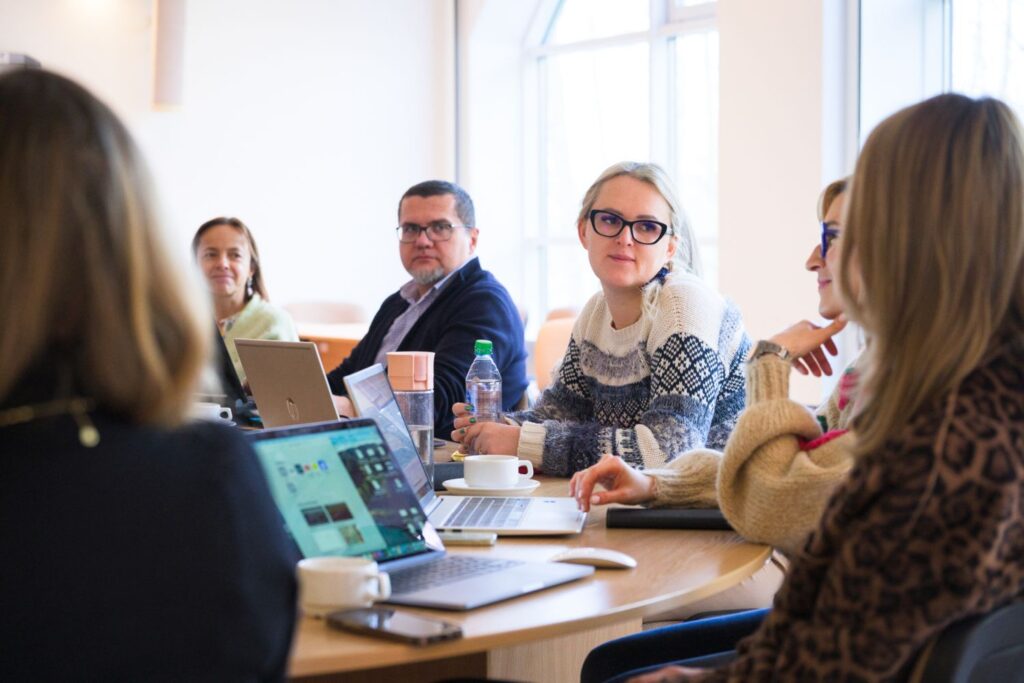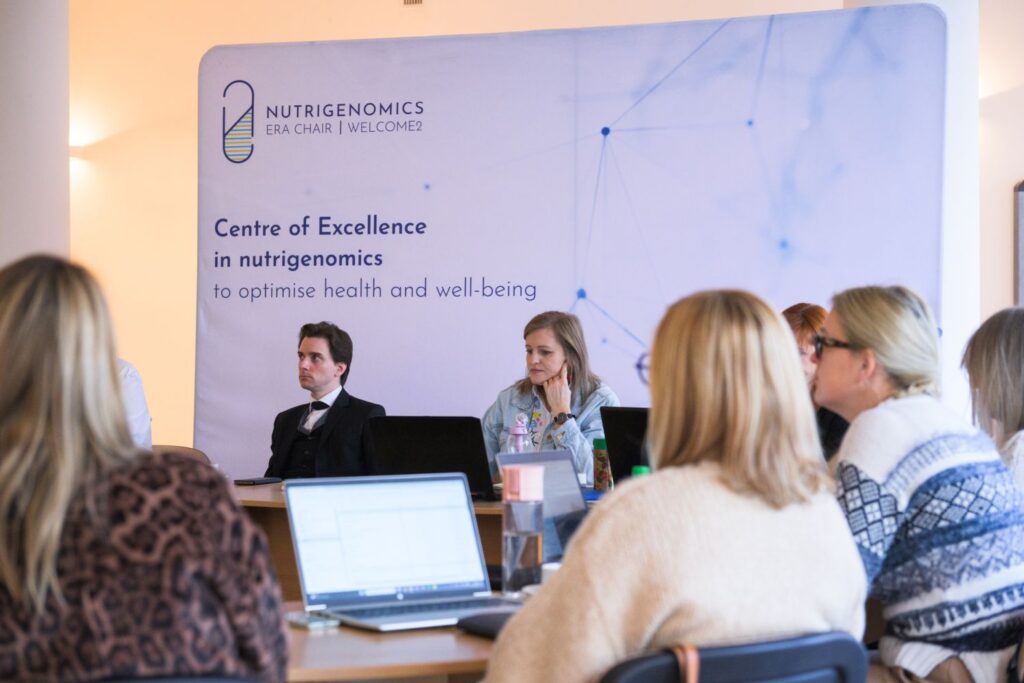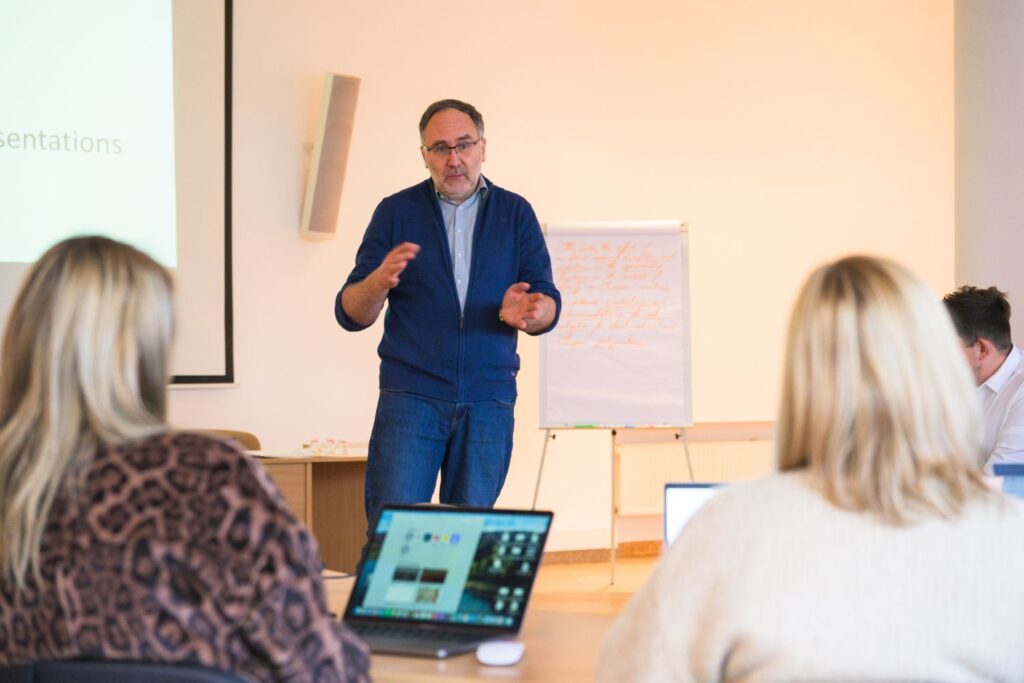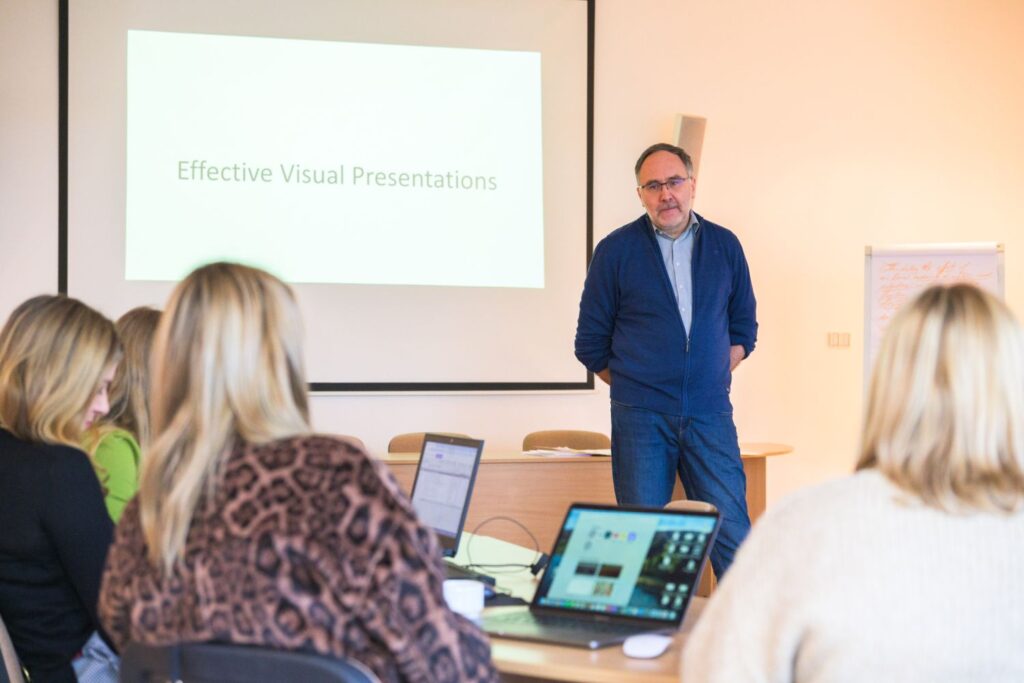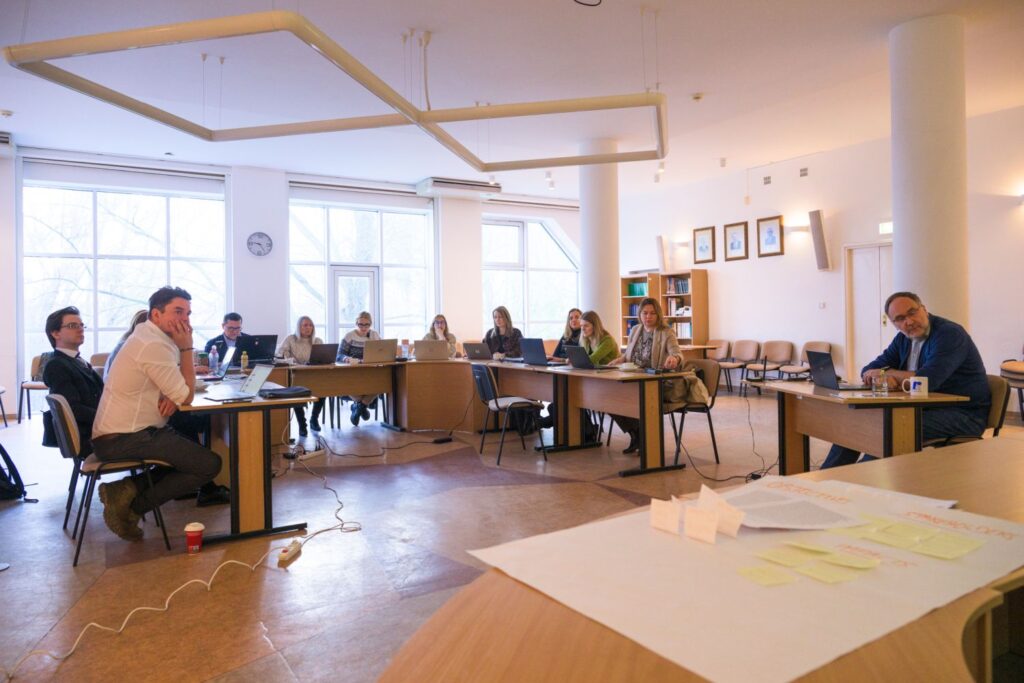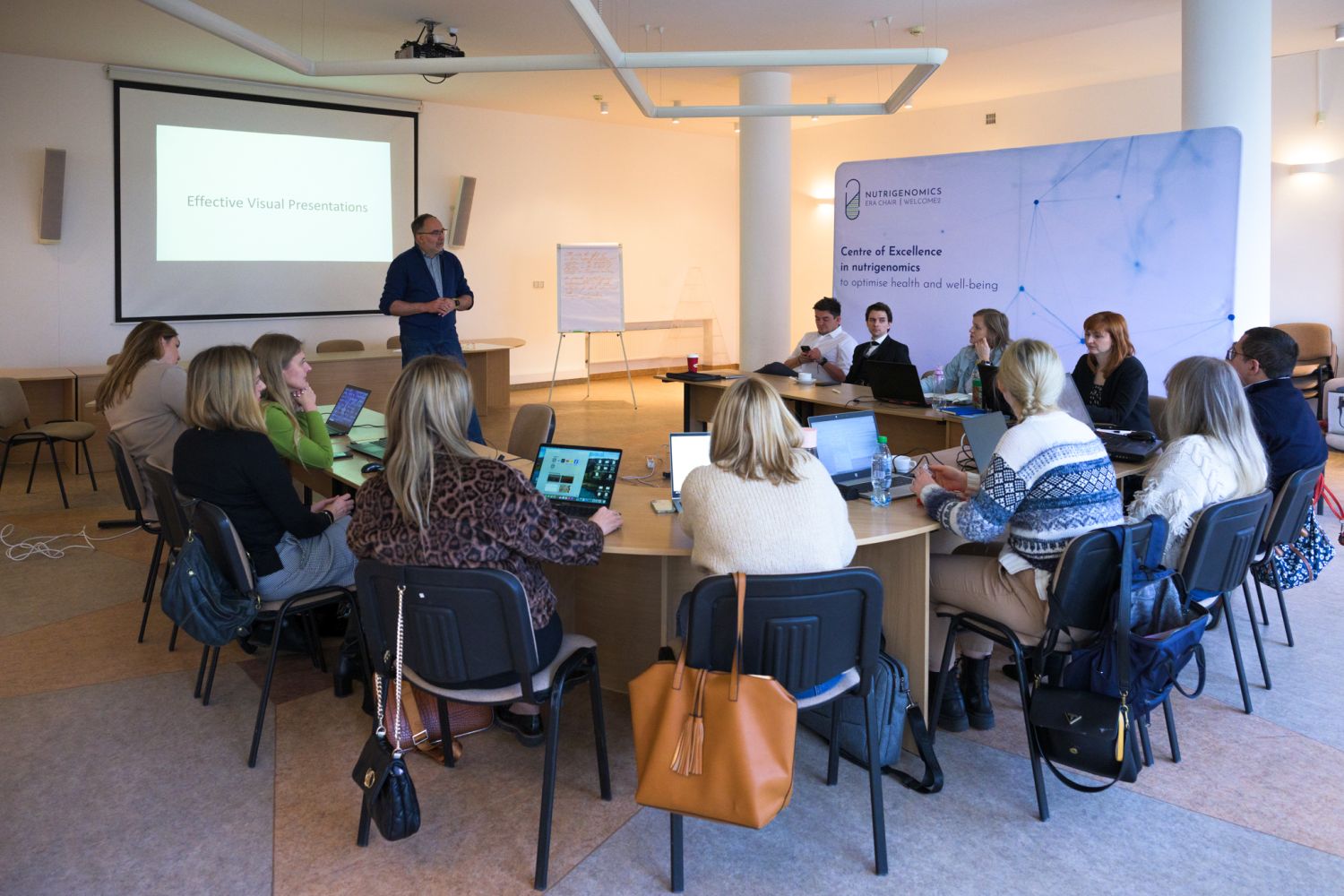
On November 21-22, 2024, Tomasz Jeliński, Ph.D., an expert in food science and an experienced project manager, led a specialized course within the second edition of the Rising Managers Academy titled “The Science Behind Visual Presentations.” The session aimed to help participants master the art of using visual tools to effectively illustrate and communicate project ideas.
Dr. Jeliński’s course focused on techniques for creating visual presentations that enhance clarity, strengthen messages, and make complex ideas more accessible to diverse audiences. Participants explored practical methods for designing visuals that support and elevate presentations, reports, and proposals.
The course emphasized the importance of selecting the appropriate visual format for specific data types. Dr. Jeliński guided participants in choosing between infographics, flowcharts, bar graphs, and other visual tools to best represent their information. His expertise provided attendees with valuable insights and practical skills, benefiting those seeking to improve their presentation techniques for academic, professional, or project-based contexts.
